The digital era has presented unprecedented challenges to national security, prompting organizations like the National Security Agency to explore innovative solutions. Blockchain technology is a standout transformative tool among them. In this article by forexmarketsolutions, we will explore how the National Security Agency and blockchain technology are being strategically combined to secure sensitive information and enhance national security operations.
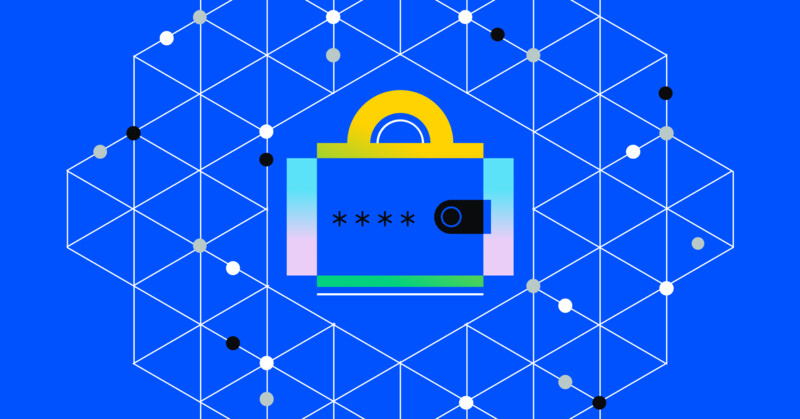
Technical insights into blockchain systems
Core principles of blockchain
At its core, blockchain technology is built on three foundational principles: decentralization, consensus, and cryptographic security. These principles work together to create a system where data is stored across multiple nodes, making it highly resistant to tampering and unauthorized access.
Decentralization distributes authority across various entities, thereby reducing the likelihood of any one point becoming a failure. Consensus mechanisms, such as proof-of-work or proof-of-stake, allow participants in the network to agree on the validity of transactions without the need for a central authority. Cryptographic security, on the other hand, ensures that data within the blockchain is encrypted and accessible only to authorized users, making it an ideal solution for protecting sensitive information.
How blockchain works
Blockchain operates as a distributed ledger, where each transaction is recorded in a block and linked to the previous block, forming a chain. This chain of blocks is continuously updated across all nodes in the network, ensuring that every participant has an identical copy of the ledger.
The process begins with a transaction being proposed, which is then verified by the network’s nodes through the consensus mechanism. Once the transaction is verified, it is added to a new block that gets appended to the existing blockchain. This process creates an immutable record of all transactions, making it virtually impossible for any single party to alter past records without being detected.
Diverse forms of blockchain technologies
Blockchain technology comes in several variants, each with unique characteristics tailored to specific use cases. The two primary types are public and private blockchains. Public blockchains, like Bitcoin and Ethereum, are open to anyone and rely on decentralized consensus mechanisms. These are typically used for applications where transparency and openness are critical.
Private blockchains are designed for use by a specific set of participants, typically belonging to an organization or a consortium. These blockchains offer more control and privacy, making them suitable for applications where sensitive data is involved, such as in national security. The NSA, for instance, may utilize private blockchains to secure internal communications and protect classified information.

The NSA’s strategic approach to implementing blockchain
Gathering intelligence and applying blockchain systems
One of the key areas where the NSA is leveraging blockchain technology is in intelligence gathering. The agency can use blockchain to create secure and tamper-proof systems for collecting and storing intelligence data. By employing blockchain, the NSA ensures that the integrity of the data is maintained throughout the intelligence lifecycle, from collection to analysis and dissemination.
For example, blockchain can be used to secure data feeds from various intelligence sources, preventing unauthorized access or manipulation. This is particularly important in scenarios where the accuracy and authenticity of intelligence data are crucial for decision-making. Additionally, blockchain’s ability to provide a transparent and traceable record of all transactions allows the NSA to audit and verify the authenticity of intelligence data, further enhancing the reliability of their operations.
Upholding the security of communication channel
Secure communication is a cornerstone of national security, and blockchain offers a new level of security for government communication networks. By integrating blockchain technology, the NSA can create encrypted communication channels that are resistant to interception and tampering.
These blockchain-based communication platforms operate on the principle of decentralized control, ensuring that no single point in the network can be compromised. In practice, this means that communication between NSA operatives or between the NSA and other government agencies can be conducted with an unprecedented level of security. This is especially critical in high-stakes scenarios where the confidentiality of information is paramount.
Safeguarding the country’s infrastructure
National infrastructure, including power grids, transportation systems, and communication networks, is a prime target for cyberattacks. The NSA recognizes the potential of blockchain to protect these critical systems from both physical and digital threats.
By deploying blockchain technology, the NSA can create secure, decentralized networks that are more resilient to attacks. For instance, blockchain can be used to monitor and control access to critical infrastructure systems, ensuring that only authorized personnel can make changes or access sensitive information. This reduces the risk of sabotage or cyberattacks that could disrupt essential services.
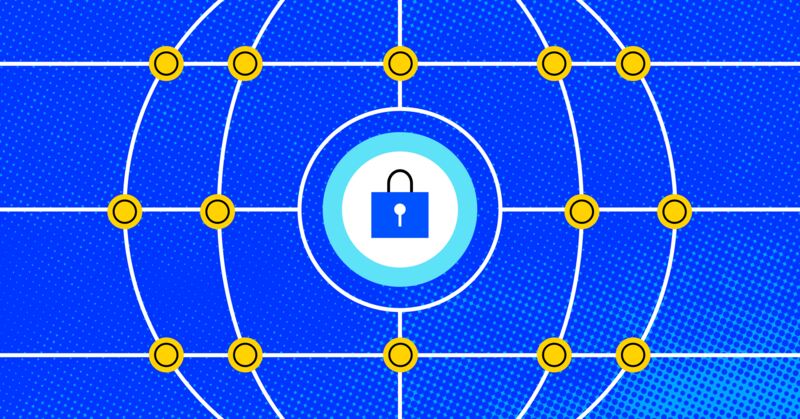
Blockchain’s role in cryptography and surveillance
Upgrading cryptographic strategies
Cryptography is at the heart of blockchain technology, and the NSA has long been a leader in cryptographic research. With the advent of blockchain, the agency is exploring new cryptographic methods that leverage the unique properties of the technology.
Blockchain introduces concepts such as hash functions and digital signatures, which are used to secure data within the network. The NSA’s research focuses on enhancing these cryptographic methods to ensure that blockchain systems remain secure against evolving threats. By doing so, the NSA not only strengthens its own operations but also contributes to the broader field of cryptographic research.
Blockchain and mass data collection
Mass data collection is a controversial but necessary aspect of modern surveillance. The NSA can use blockchain to create secure and transparent systems for storing and accessing large volumes of data. This ensures that data collected for national security purposes is protected from unauthorized access and manipulation.
Blockchain’s ability to provide a clear audit trail of all transactions means that the NSA can track and verify how data is accessed and used. This not only enhances the security of the data but also ensures accountability, as every action taken within the blockchain is recorded and cannot be altered retroactively.
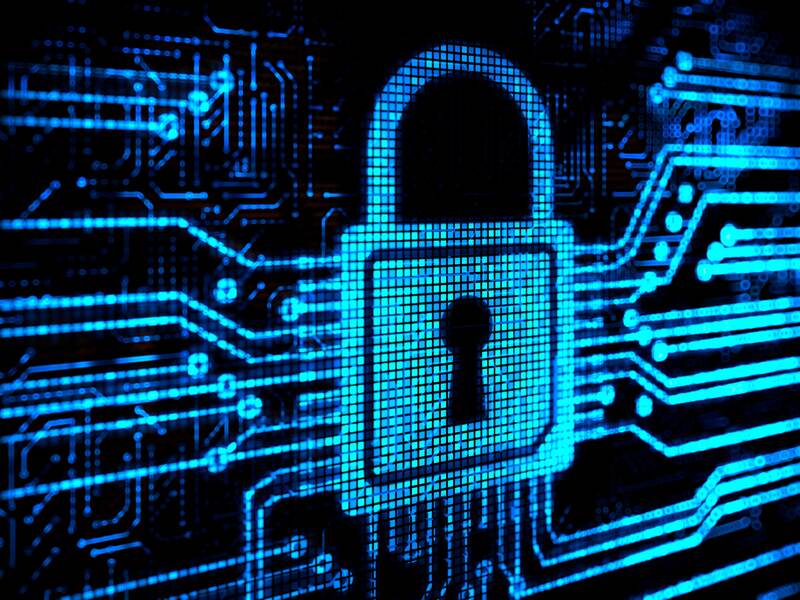
Considerations and controversies surrounding ethics
Privacy vs. security
The use of blockchain in national security raises important ethical questions, particularly regarding the balance between privacy and security. While blockchain offers enhanced security, its transparent nature could potentially lead to privacy concerns if not managed carefully.
The NSA must navigate these challenges by implementing measures that protect individual privacy while still achieving the necessary security objectives. This includes ensuring that blockchain systems are designed with privacy in mind, such as by using private blockchains or incorporating privacy-enhancing technologies like zero-knowledge proofs.
Legal and regulatory Issues
Blockchain is still a relatively new technology, and the legal frameworks governing its use in national security are still evolving. The NSA faces several regulatory challenges, particularly in ensuring that its blockchain applications comply with existing laws and regulations.
These challenges include issues related to data protection, cross-border transactions, and the use of blockchain for surveillance. To address these challenges, the NSA must work closely with lawmakers, legal experts, and international partners to develop and implement regulations that support the responsible use of blockchain in national security.
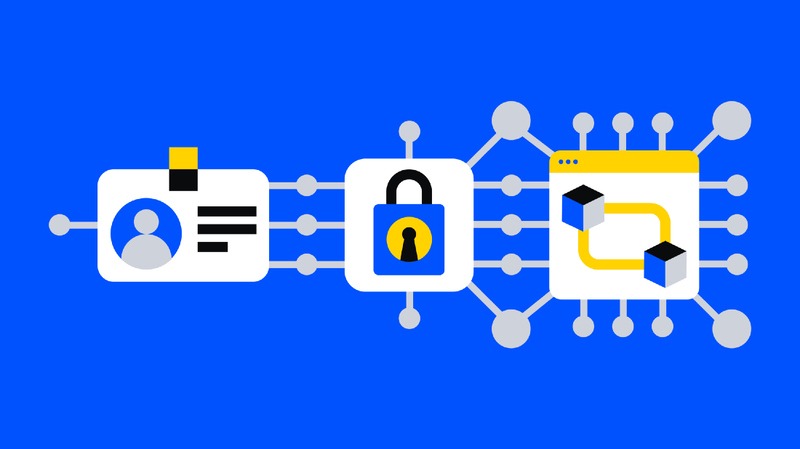
The strategic future of the National Security Agency and blockchain technology
Emerging blockchain technologies and their impact on National Security
As blockchain technology continues to evolve, new advancements are expected to emerge, offering even greater potential for national security applications. One such advancement is the development of quantum-resistant blockchain, which could provide enhanced security against future threats posed by quantum computing.
The NSA is likely to continue its research in this area, exploring ways to integrate blockchain with other emerging technologies, such as artificial intelligence and the Internet of Things (IoT). These innovations could lead to the development of more robust and secure national security systems, ensuring that the NSA remains at the forefront of technological advancements.
The long-Term strategic role of blockchain
In the long term, blockchain is expected to play a critical role in national security strategies. Its ability to provide secure, transparent, and decentralized systems makes it an ideal tool for protecting sensitive information and ensuring the integrity of national security operations.
The NSA’s continued investment in blockchain research and development will be crucial in realizing this potential. As the technology evolves, so too will its role in national security, ensuring that the NSA remains well-equipped to handle emerging threats and challenges.
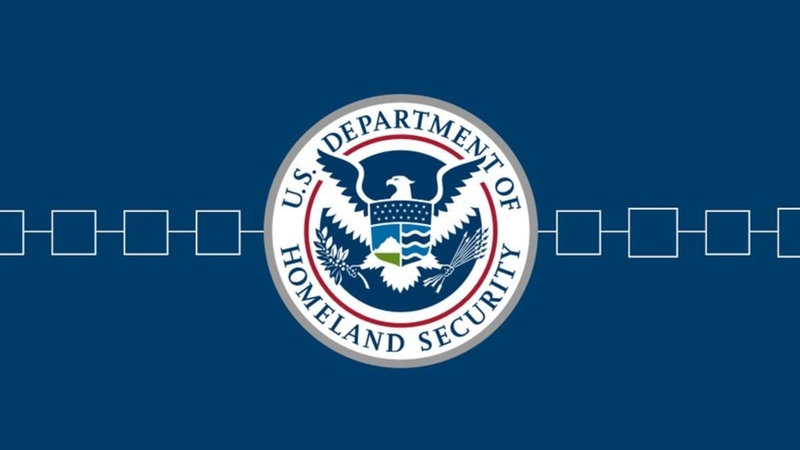
Empower your understanding with the insights shared on National Security Agency and blockchain technology. This information equips you to stay ahead in the evolving landscape of security and innovation.